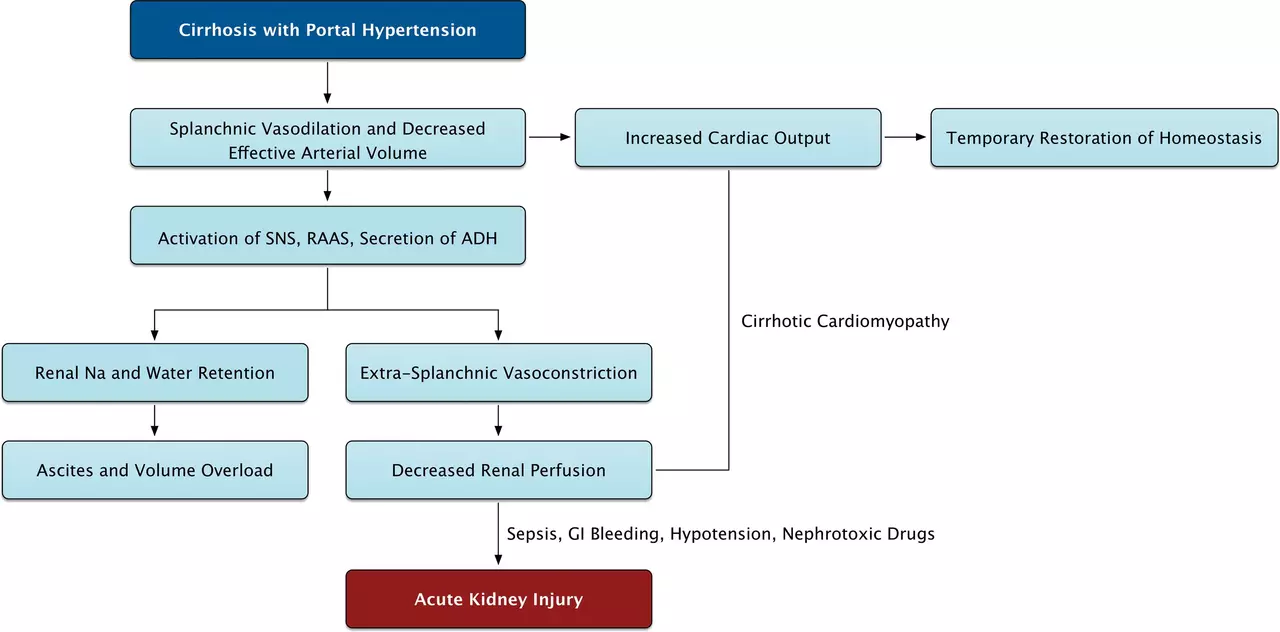Self-medicating: How to do it safer and when to stop
Thinking of treating yourself instead of calling a doctor? You’re not alone. People self-medicate for pain, anxiety, skin issues, and even chronic problems like high blood sugar. That can work sometimes, but it can also make things worse fast. Here’s a clear, no-fluff guide to help you decide when self-care is ok and how to avoid big mistakes.
When self-medicating is risky
If your symptoms are new, severe, getting worse, or affecting daily life, skip DIY fixes and see a clinician. Fever with rash, breathing trouble, sudden weakness, severe belly pain, or signs of infection after a wound need prompt medical attention. Also be careful when combining drugs: acetaminophen plus alcohol or multiple cold meds can harm your liver. Some prescriptions — antibiotics, antidepressants, opioids, and strong antivirals like famciclovir (Famvir) — need the right dose and monitoring. Taking them without supervision can cause side effects or hide a serious issue.
Medication interactions are common. Even herbal supplements or over-the-counter nasal sprays can clash with prescriptions. If you’re on blood thinners, diabetes meds, or psychiatric drugs, a wrong combo can be dangerous. Pregnant or breastfeeding? Don’t self-medicate without advice — many drugs cross the placenta and affect the baby.
Safe steps if you choose to self-medicate
Start by reading labels and warnings. Use the lowest effective dose for the shortest time. Track symptoms and side effects in a simple note on your phone so you have evidence to share with a provider if things change. When buying meds online, choose verified pharmacies and check reviews, licensing, and contact info — scams and counterfeit drugs are real. Several posts on RxCanadaPharm compare online pharmacies and show what to check before ordering.
If cost is the reason you’re avoiding a doctor, there are safer options: many clinics offer sliding fees, telehealth can be cheaper, and some online services provide supervised prescriptions with lab monitoring. For long-term treatments like antidepressants, diabetes meds, or addiction meds (for example, naltrexone), regular follow-up and lab tests are essential — don’t skip them.
Have allergies or a chronic condition? Talk to a pharmacist. Pharmacists can help pick safer over-the-counter choices, flag interactions, and advise when to see a doctor. If you’re switching drugs because of side effects like weight gain on an antipsychotic, there are alternatives and lab checks to protect metabolic health.
Finally, know when to stop. If a medication makes you feel worse, causes new symptoms, or isn’t helping after a reasonable time, stop and seek care. Self-treating can work for short, minor problems — just be careful, stay informed, and ask for help when needed.
The Dangers of Self-Medicating for Acute Diarrhea
As a blogger, I feel it's crucial to discuss the dangers of self-medicating for acute diarrhea. Many people tend to rely on over-the-counter medications, but this can lead to a delay in proper treatment, worsening of symptoms, or even dangerous side effects. It's essential to consult a healthcare professional, as diarrhea could be a sign of an underlying issue requiring a different course of action. Moreover, self-medicating can interfere with the body's natural defense mechanisms, prolonging the illness. In conclusion, it's always best to seek professional advice before attempting to self-treat acute diarrhea.
